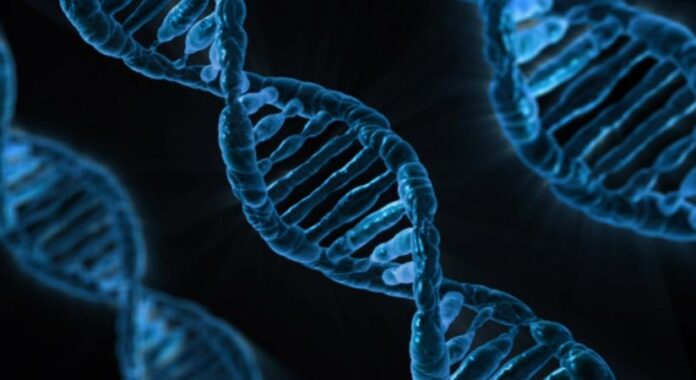“We’ve known for a long time that monoamines like serotonin, dopamine and adrenaline act as neuromodulators in the nervous system, playing a role in complex behaviour and functions like learning and memory, as well as processes such as sleep and feeding,” said Dr Roberto Feuda, from the Neurogenetic group in the Department of Genetics and Genome Biology at University of Leicester in the UK.
“However, less certain was the origin of the genes required for the production, detection, and degradation of these monoamines,” he said, in the study, published in the journal Nature Communications.
The team used computational methods and reconstructed the evolutionary history of these genes to show that most of the genes involved in monoamine production, modulation, and reception originated in the bilaterian stem group.
“This finding has profound implications on the evolutionary origin of complex behaviours such as those modulated by monoamines we observe in humans and other animals,”Dr Feuda said.
The researchers suggest that this new way to modulate neuronal circuits might have played a role in the Cambrian Explosion — known as the Big Bang — which gave rise to the largest diversification of life for most major animal groups alive today by providing flexibility of the neural circuits to facilitate the interaction with the environment.
“This discovery will open new important research avenues that will clarify the origin of complex behaviours and if the same neurons modulate reward, addiction, aggression, feeding, and sleep,” Dr Feuda said.
–IANS
rvt/prw






























